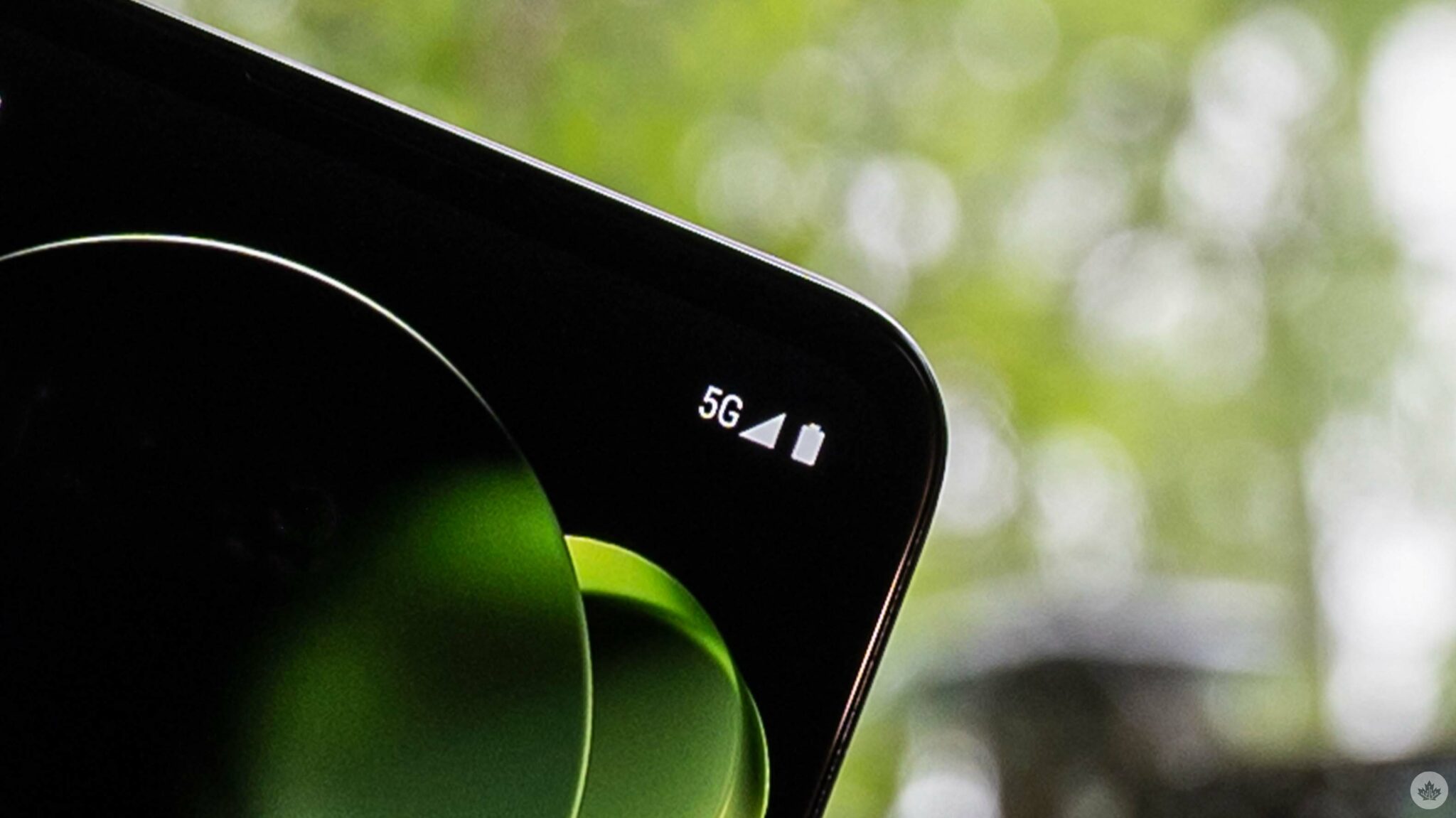
It looks like Canadians are finally getting access to reasonably priced 5G plans. Reasonably priced by Canadian standards, at least.
Over the last couple of months, 5G service has gone from an exclusive feature of the Big Three carriers to something available on a few value brands and regional players. Vidéotron launched 5G service at the end of 2020, though so far, it’s only available around Montreal and Quebec City. Telus-owned Public Mobile, which has long offered cheaper 3G and 4G plans, gained 5G plans at the end of May. This week, both Bell-owned Virgin Plus and Vidéotron-owned Freedom Mobile launched 5G service.
With all those providers launching 5G, it’s likely only a matter of time before other providers join in with their own 5G options.
5G service remains fairly limited from an availability perspective, existing largely only in urban areas, but it’s much more accessible now since Canadians don’t have to pay as much for it.
Freedom clocks in at the cheapest with a $45/mo 30GB 5G plan (including the $5/mo auto pay discount). Public is next up at $50/mo for 50GB (on a 90-day subscription, otherwise it’s $55). Vidéotron ties Freedom in price with its $45/25GB plan, though that’s with a $15/mo discount offered to those who bundle their internet with the company. Virgin offers $55/mo 30GB 5G, which includes a $10/mo credit for 24 months.
Until recently, the Big Three’s 5G plans have started in the $80/mo range. Now, Rogers and Bell are offering discounts to customers who bundle their mobile and home internet services, with prices getting into the $55/mo range (at least until the promos expire after 24 months).
Unfortunately, in many cases, Canadians still need to pay a premium to get fast 5G. One of the big promises of 5G was increased speed. But since 2022, Canadian carriers have steadily introduced data speed caps, limiting 4G plans to 100-150Mbps speeds and 5G plans to 250Mbps or 1Gbps. While I don’t consider 250Mbps slow (and 150Mbps is usually more than enough for what I do on my phone), the shift has arguably made it much harder to justify paying for 5G plans. For me, it’s the principle of the thing — a few years ago, I used to get up to 300Mbps speeds when I was a Koodo customer, but now I have to pay one of the Big Three $85/mo to get something faster than that because of arbitrary limitations?
While speed caps remain a frustration, it definitely looks like 5G pricing is heading in the right direction. Canadian wireless pricing remains high, but we’re starting to enter a zone where I might consider going for 5G next time I change my plan. And at prices like what Freedom has, I think more people might consider switching to 5G too.
MobileSyrup may earn a commission from purchases made via our links, which helps fund the journalism we provide free on our website. These links do not influence our editorial content. Support us here.


